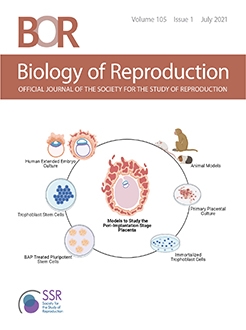Emerging evidence supports the notion that inflammation fosters the development of common benign gynecologic disorders, including uterine leiomyoma, endometriosis, and adenomyosis. Numerous cytokines, chemokines, and growth and transcription factors have indisputable roles in the establishment and maintenance of benign gynecologic disorders by initiating complex cascades that promote proliferation, angiogenesis, and lesion progression. The interaction between inflammation and benign gynecologic disorders is orchestrated by a plethora of factors, including sex steroids, genetics, epigenetics, extracellular matrix, stem cells, cardiometabolic risk factors, diet, vitamin D, and the immune system. The role of inflammation in these disorders is not limited to local pathobiology but also extends to involve clinical sequelae that range from those confined to the reproductive tract, such as infertility and gynecologic malignancies, to systemic complications such as cardiovascular disease. Enhanced understanding of the intricate mechanisms of this association will introduce us to unvisited pathophysiological perspectives and guide future diagnostic and therapeutic implications aimed at reducing the burden of these disorders. Utilization of inflammatory markers, microRNA, and molecular imaging as diagnostic adjuncts may be valuable, noninvasive techniques for prompt detection of benign gynecologic disorders. Further, use of novel as well as previously established therapeutics, such as immunomodulators, hormonal treatments, cardiometabolic medications, and cyclooxygenase-2 and NF-κB inhibitors, can target inflammatory pathways involved in their pathogenesis. In this comprehensive review, we aim to dissect the existing literature on the role of inflammation in benign gynecologic disorders, including the proposed underlying mechanisms and complex interactions, its contribution to clinical sequelae, and the clinical implications this role entails.
Summary sentence
Reconceptualizing common benign gynecologic disorders as having inherent inflammatory pathobiology will introduce us to previously unvisited perspectives of their development and devise novel clinical implications aimed at reducing their burden.
Graphical Abstract






